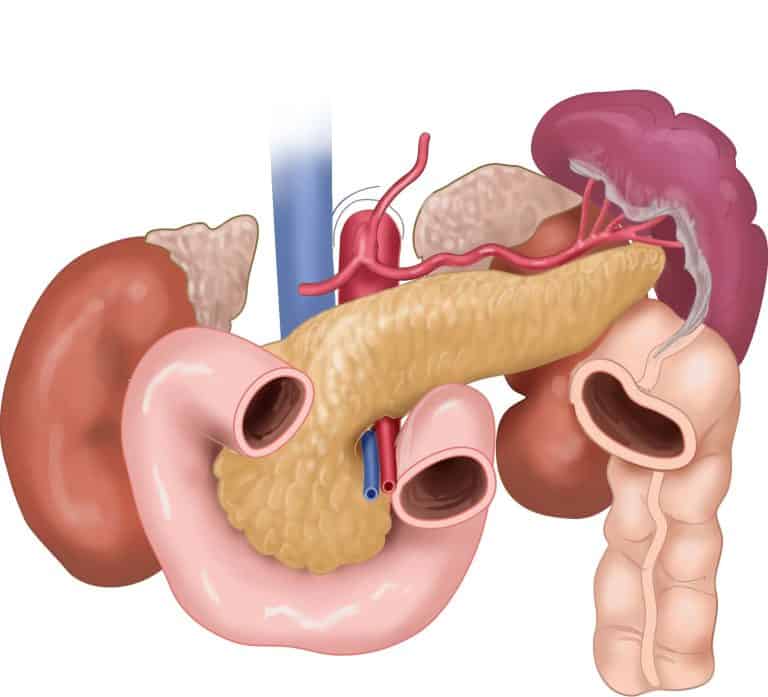Welcome to the Pancreas Quiz! In this quiz, you will test your knowledge about this important organ in your body. The pancreas plays a key role in helping your body digest food and regulate blood sugar levels.
Did you know that the pancreas produces digestive enzymes that help break down food in your stomach? It also produces insulin, a hormone that helps control your blood sugar levels.
Take this quiz to learn more about the pancreas and how it keeps your body healthy and functioning properly.
Play Pancreas Quiz
Instructions
- This quiz is multiple choice.
- Read each question carefully before selecting an answer.
- Choose the best answer for each question.
- You will see the missed questions with correct answers at the end of the quiz.
Quick Facts
- The pancreas is a crucial organ in the human body responsible for producing enzymes that help with digestion.
- It also plays a key role in regulating blood sugar levels by producing insulin and glucagon.
- The pancreas is located behind the stomach and is about 6 inches long in adults.
- It is made up of two main types of tissue: exocrine tissue, which produces enzymes, and endocrine tissue, which produces hormones.
- When the pancreas is not functioning properly, it can lead to serious health conditions such as diabetes and pancreatitis.
- One of the most common diseases affecting the pancreas is pancreatic cancer, which has a high mortality rate.
- Healthy lifestyle choices such as maintaining a balanced diet and regular exercise can help prevent pancreas-related issues.
- Damage to the pancreas can affect digestion, leading to symptoms such as abdominal pain, bloating, and diarrhea.
- It is important to seek medical attention if you experience persistent symptoms related to the pancreas, as early detection can improve outcomes.
- Research is ongoing to better understand the pancreas and develop new treatments for pancreas-related diseases.
Downloads
Study Tips
- Create a study schedule and stick to it.
- Find a quiet and comfortable study environment.
- Remove distractions such as phones and social media.
- Take breaks every 25-30 minutes to avoid burnout.
- Use active studying techniques like summarizing, highlighting, and teaching concepts to someone else.
- Practice retrieval by testing yourself with flashcards or practice quizzes.
- Stay organized with notes, study guides, and resources.
- Stay hydrated and eat brain-boosting foods like fruits, nuts, and whole grains.
- Get enough sleep to improve memory retention and cognitive function.
- Reward yourself for reaching study goals to stay motivated.
Image Credit: Ron Slagter NZIMBI, medical illustrator
